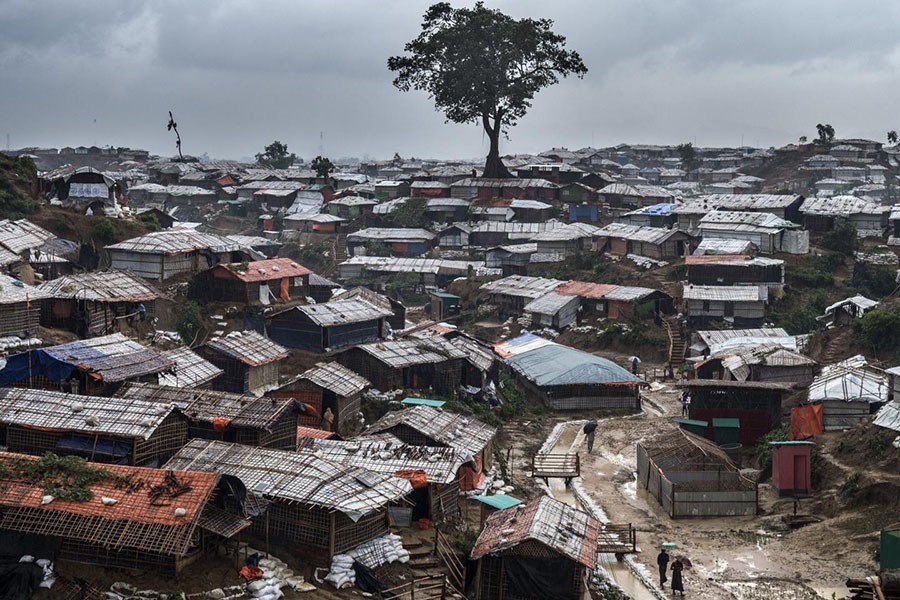UN, western fail to put pressure on Myanmar, say rights groups

Published :
Updated :

The international community, including the United Nations (UN), has completely failed to exert effective pressure on Myanmar to initiate dignified repatriation of Rohingya.
Although Bangladesh bears no responsibility for the Rohingya problem, it has to bear the severe responsibility of the crisis, they say urging the global communities to act promptly. They made the call at a meeting organised by Cox's Bazar CSO-NGO Forum (CCNF).
The event was moderated by Rezaul Karim Chowdhury, Co-chair of the forum and Executive Director of COAST Foundation, and Abu Morshed Chowdhury, another Co-chair and Chief Executive of PHALS.
Shireen Huq of Naripokkho, Barrister Mazoor Hasan of BRAC University's Center for Peace and Justice, Disaster Forum's Gowher Nayeem Wahra spoke at the occasion.
Abu Murshed Chowdhury said, there are about 1.2 million Rohingya people living in the nation. Except for a few UN resolutions, there has been no successful effort to return them to Myanmar thus far, which has left the Rohingya population unsure and frustrated as well as the locals.
To secure repatriation, formal and informal diplomacy, often known as track two diplomacy, should be prioritised.
Bimal Chandra Dey Sarkar, Chief Executive of Mukti Cox's Bazar, said, nearly half of the Rohingya population are children and young adults. This sizable population must participate in a variety of camp activities and receive technical and life skills training.
Md. Mujibul Rahman of Sushilan said the construction of the camp caused harm to around 6,000 acres of mountainous terrain and 2,000 acres of forest. A little over 2500 families working in social forestry did not get compensation. The water level is going down.
Use of plastic in camps should be banned since it is such a significant problem. An Environmental Pool Fund should be created for environmental restoration, he added.
Gowher Nayeem Wahra said that repatriation should be kept at the center of the Rohingya programme. A national strategy for resettlement should be developed and the implementation progress of the plan should be regularly reviewed.
Rezaul Karim Chowdhury said the development efforts in Cox's Bazar must be kept safe from all dangers in order to preserve the nation's wealth. If sustainable repatriation is not assured, the Rohingya crisis could pose a serious threat to Cox's Bazar and the entire nation.
nsrafsanju@gmail.com


 For all latest news, follow The Financial Express Google News channel.
For all latest news, follow The Financial Express Google News channel.